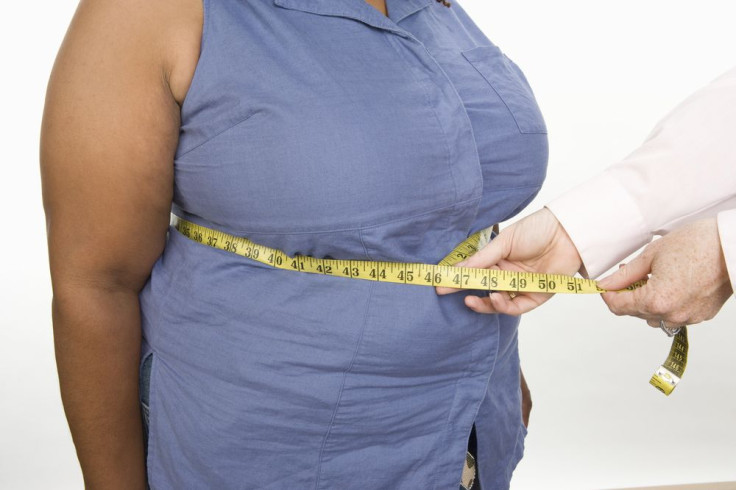Weight Management Program Proved Successful In Helping to Lower Depression in Black Women

Researchers found a way to help obese black women suffering with depression. Surprisingly, it’s not a weight-loss formula but a weight management program. The new study says that weight management reduces depression in black women. Half of the women studied achieved lower depression levels.
In the study, published in the American Journal of Public Health, 185 low-income black women ages 25 to 44 participated in weight management programs focused on maintaining — not gaining — weight. Researchers personalized a weight-gain prevention system called the Shape Program for each of the 91 women in one of two groups. The year-long weight management program was comprised of five major components: behavior-change goals, self-monitoring of those goals, tailored skills-training materials, 12-month individual counseling calls with a registered dietitian, and a 12-month YMCA membership.
The other half of participants received basic care from their physicians, which included receiving semiannual newsletters that covered health topics such as nutrition and physical activity and the National Heart, Lung and Blood Institute’s “Aim for a Healthy Weight” brochure at their baseline appointment. In the beginning of the experiment, those who received weight management intervention made up 19 percent of the group, and 21 percent of participants with normal care were depressed.
Results showed that at 18 months, 10 percent of the intervention group said they were depressed, and 19 percent of the basic care group said they were depressed. "Interventions that focus on maintaining your weight, not just losing weight, may have more widespread effects," said lead author Dori Steinberg, a research scholar with the Duke Digital Health Science Center, in a press release. "It is exciting that we improved depression among a population that is severely socioeconomically disadvantaged and has limited access to depression treatment. The reductions we saw in depression are comparable to what is seen with traditional approaches like counseling or medication treatment."
Research shows that women are more likely to become depressed than men, and black women are more likely to get depressed than white women. "These higher occurrences may also have an impact on psychosocial outcomes such as depression," Steinberg said. "So interventions that focus on behavioral weight control may present a useful opportunity to address both obesity and depression."
The Centers for Disease Control and Prevention (CDC) gives a few signs to look for if you think you or someone you know might be depressed. A loss of interest in social activities is a key indicator. People who are depressed tend to isolate themselves. Feeling guilty or shameful, changes in eating and sleeping, and feeling no incentive to live are red flags for depression. Seeking professional help is highly recommended.
Source: Steinberg DM, Askew S, Lanpher MG, Foley PB, Levine EL, Bennett GG. The Effect of a “Maintain, Don’t Gain” Approach to Weight Management on Depression Among Black Women: Results From a Randomized Controlled Trial. American Journal of Public Health. 2014.



























